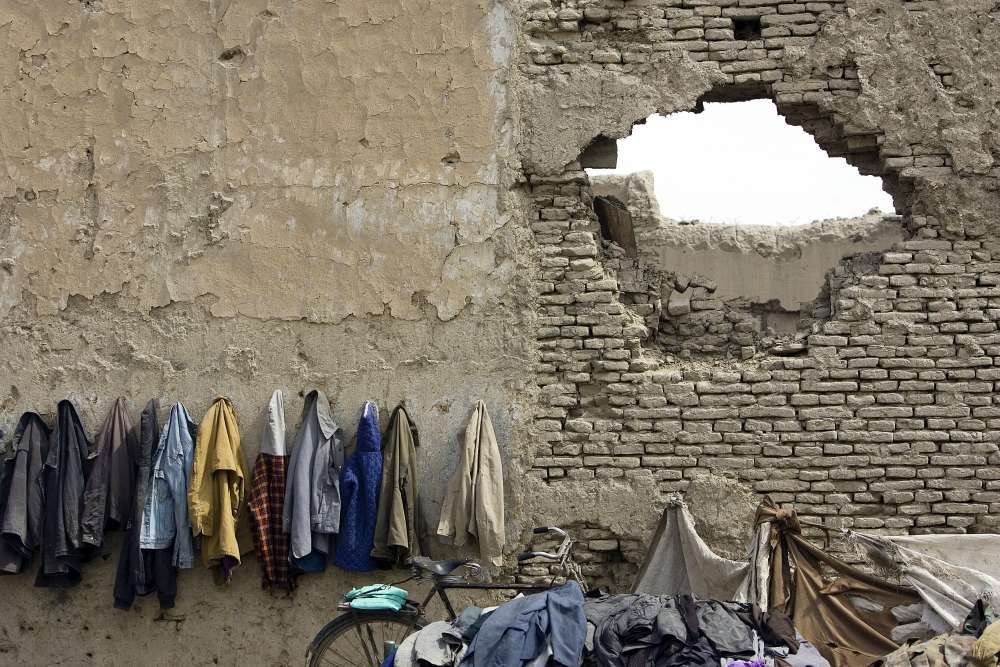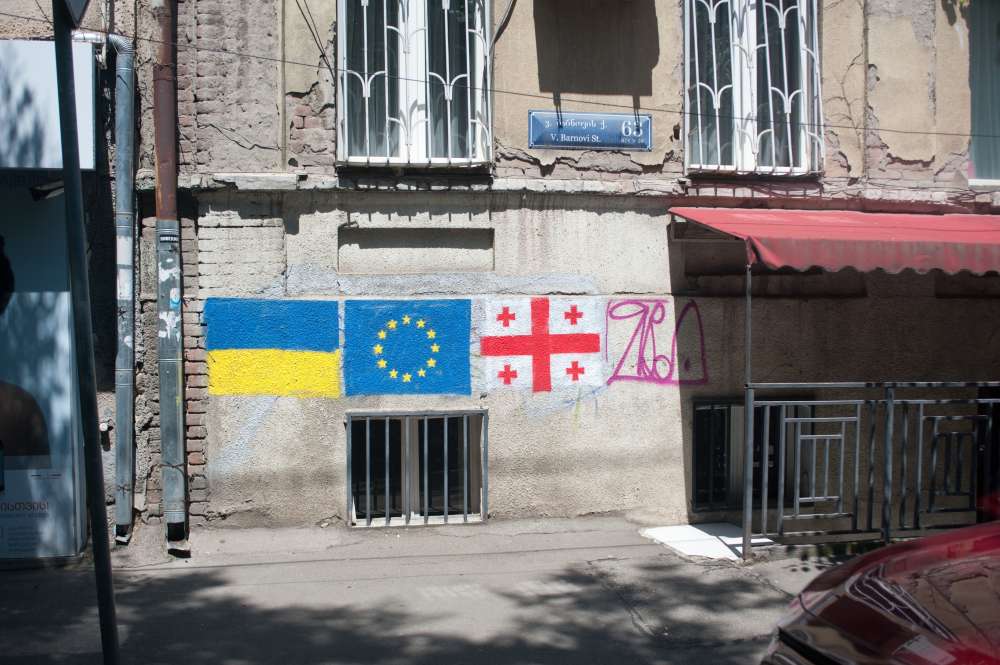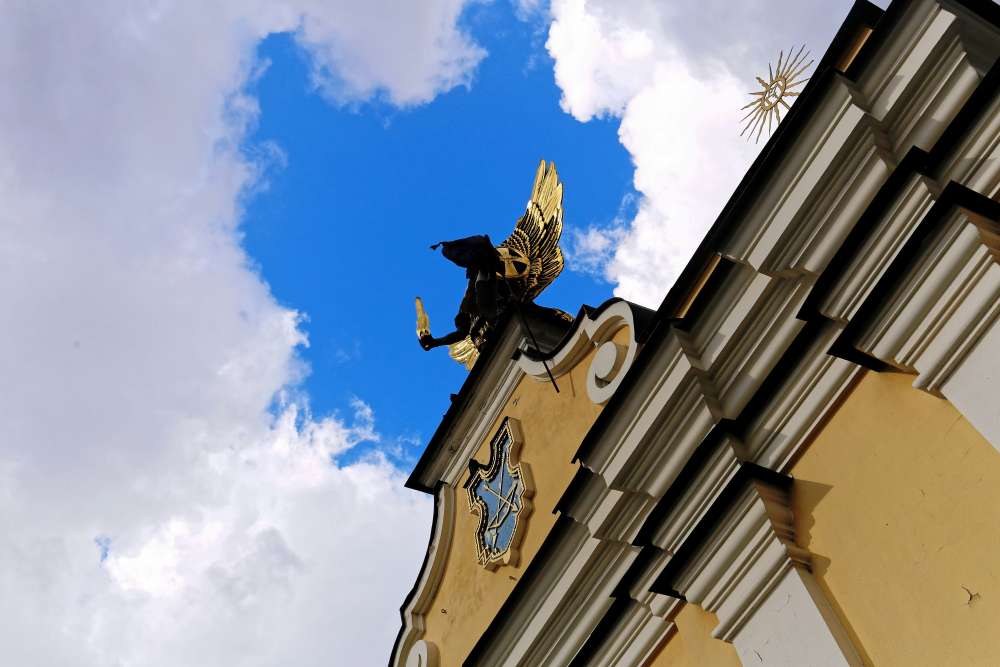Magnificent and Beggar Land
Angola Since the Civil War

The government, backed by a strategic alliance with China and working hand in glove with hundreds of thousands of expatriates, many from the former colonial power, Portugal, has pursued an ambitious agenda of state-led national reconstruction. This has resulted in double-digit growth in Sub-Saharan Africa’s third largest economy and a state budget in excess of total western aid to the entire continent.
Scarred by a history of slave trading, colonial plunder and war, Angolans now aspire to the building of a decent society. Soares de Oliveira’s book charts the remarkable course the country has taken in recent years.
Reviews
“A lucid, clear and remarkably well-informed look at a particularly complex and so often absurd country, served by writing of a rare literary quality. Brilliant!”
José Eduardo Agualusa, Angolan novelist
“This is a stunning book, which takes the lid off Angola in a way that I have never seen equalled for any African state — and does it, moreover, for a state which is both extremely important and very little known. It is superbly written, and draws on a detailed familiarity that gives a feel for the place that no amount of simple fact gathering could ever convey. It will be absolutely essential for understanding Angola. At the same time, it paints a convincing picture of the African oil state that will have a resonance well beyond Angola, and should bring it to the attention of anyone concerned with African development, and especially the ‘African miracle’ that has been built largely on the back of temporarily booming commodity prices.”
Christopher Clapham, Professor, Centre of African Studies, University of Cambridge
“Fascinating, provocative, and based on extensive field research, the book is an in-depth contribution to understanding Angola’s path after the end of the civil war.”
Manuel Ennes Ferreira, Professor, ISEG, Technical University of Lisbon
“Nothing like this book has existed. Drawing on a large number of interviews and years of closely following the country’s politics, Soares de Oliveira provides a hugely informative insight into Angola’s extraordinary postwar transformation. He provides a detailed analysis of the emergence of an Angolan oligarchy and its roots in an exercise in postwar parallel state building. And he shows superbly how this state has completely monopolised politics, and has rebuilt its place in the world — and in Angola itself — but has not, at any rate as yet, become a developmental state delivering widespread material benefits.”
Christopher Cramer, Professor of the Political Economy of Development, School or Oriental and African Studies, University of London
“Ricardo Soares de Oliveira’s profound knowledge of the political economy of petroleum in Angola is once again revealed in his new book on the country’s post-2002 trajectory.”
Alves da Rocha, Professor, Catholic University of Angola and Director of CEIC
“This is the best study of Angola in English, and one of the best books in any language on what remains a poorly understood country. It also serves to illustrate some of the deeper complexities underlying the “Africa Rising” narrative that has become so prominent in international business circles.”
Stephen Ellis, Desmond Tutu Professor, Free University, Amsterdam and author of External Mission: The ANC in Exile, 1960 – 1990
“This engrossing, authoritative account of Angola’s history since 2002, when its three-decade-long civil war finally ended, explains how a Marxist-Leninist government morphed into one of the most corrupt crony-capitalist regimes in the world.”
Nicolas van de Walle, Foreign Affairs
…
The book is now available from Hurst Publishers.







